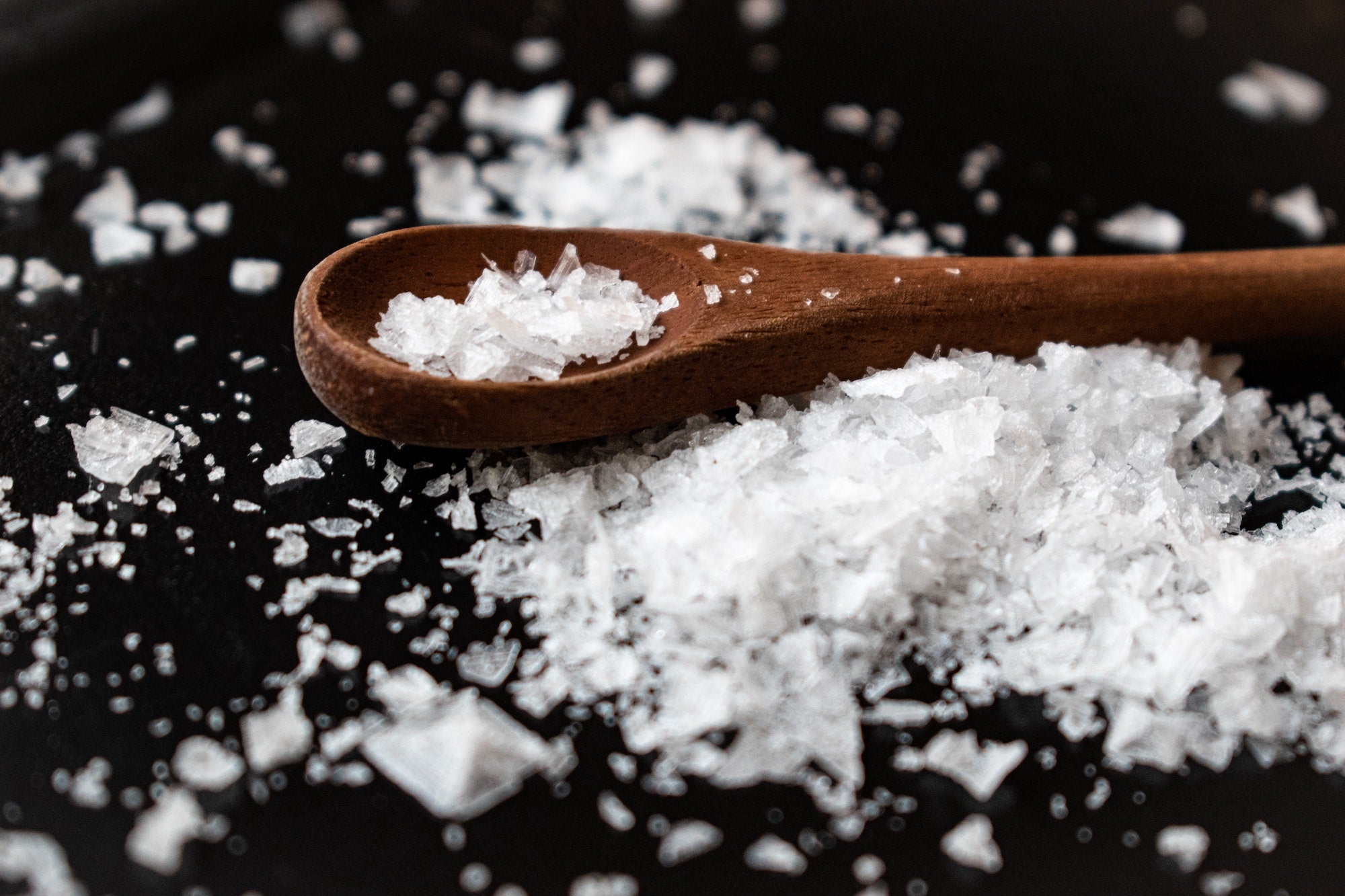
Chloride
It helps to regulate the amount of fluid and types of nutrients going in and out of the cells.
It also maintains proper pH levels,
stimulates stomach acid needed for digestion,
stimulates the action of nerve and muscle cells,
facilitates the flow of oxygen and carbon dioxide within cells.
Chloride is absorbed in the small intestine and remains in the body’s fluids and blood. Any excess amount is excreted in urine. Chloride is usually bound to sodium, and therefore the amount in blood tends to coincide with sodium levels.
Chloride and Health
Research is not available on the association of chloride with specific diseases or health conditions. [1]
Sodium chloride (i.e. salt) contains sodium (40%) and chloride (60%). In other words, 1g (1,000mg) of salt corresponds to 600mg of chloride and 400mg of sodium.
Signs of Deficiency and Toxicity
Deficiency
A chloride deficiency is extremely rare in the U.S. where the average diet is high in sodium. Most foods that contain sodium will also provide chloride. [2] A loss of chloride in the body usually accompanies conditions that cause sodium losses. These include conditions that remove too much fluid from the body, such as prolonged diarrhea, vomiting, or excessive sweating. Diuretic medications that remove fluid through the kidneys can also cause decreased chloride levels. In cases of sudden, very high levels of blood glucose such as seen in people with diabetes, the kidneys will flush more sodium and water out of the body, leading to lower chloride levels. [2]
Toxicity
Toxicity from the diet is rare in healthy people. Excess chloride levels in the blood, called hyperchloremia, can be caused by severe dehydration, diarrhea, or metabolic problems in which the blood becomes too acidic, such as with kidney disease. A high salt diet can lead to an excessive intake of sodium chloride, which is associated with elevated blood pressure.
Symptoms of toxicity:
- Muscle weakness
- High blood pressure
- Fatigue
إرسال تعليق